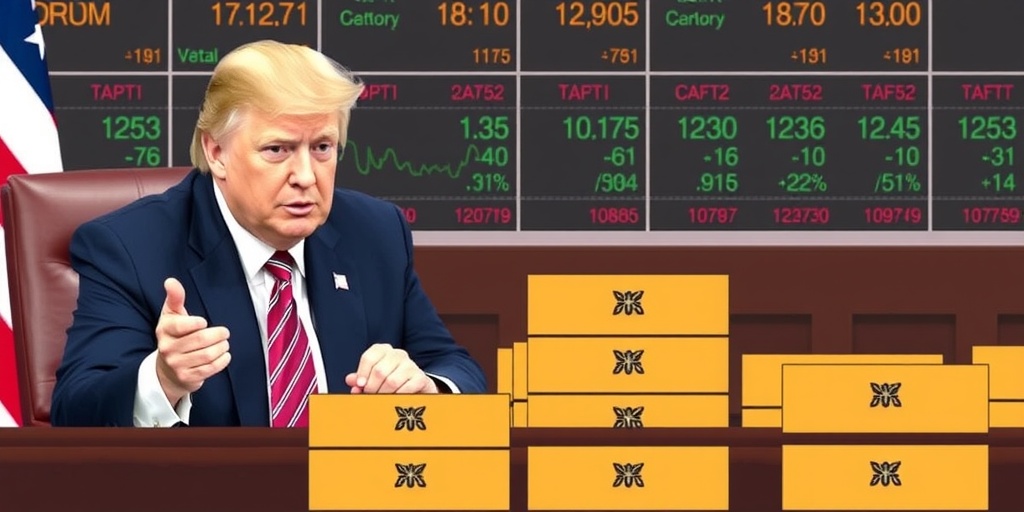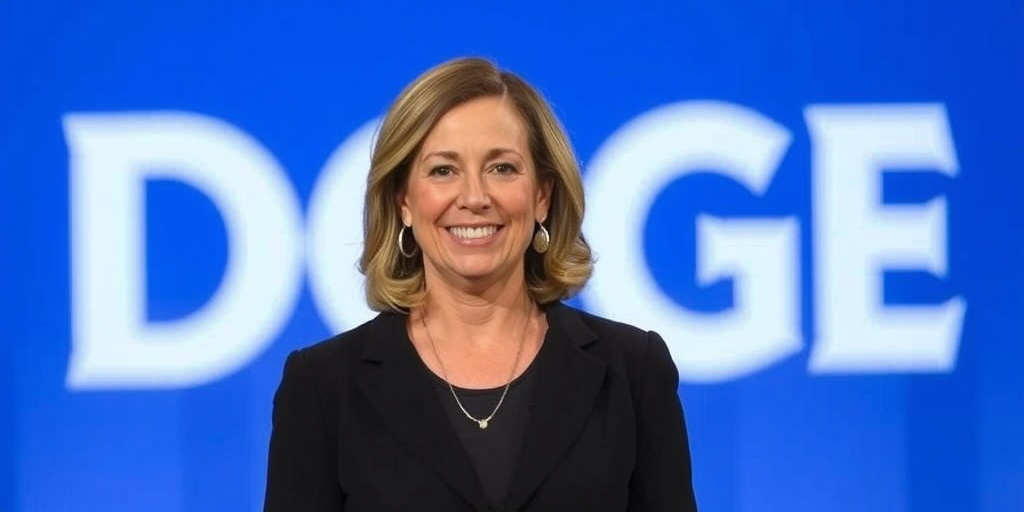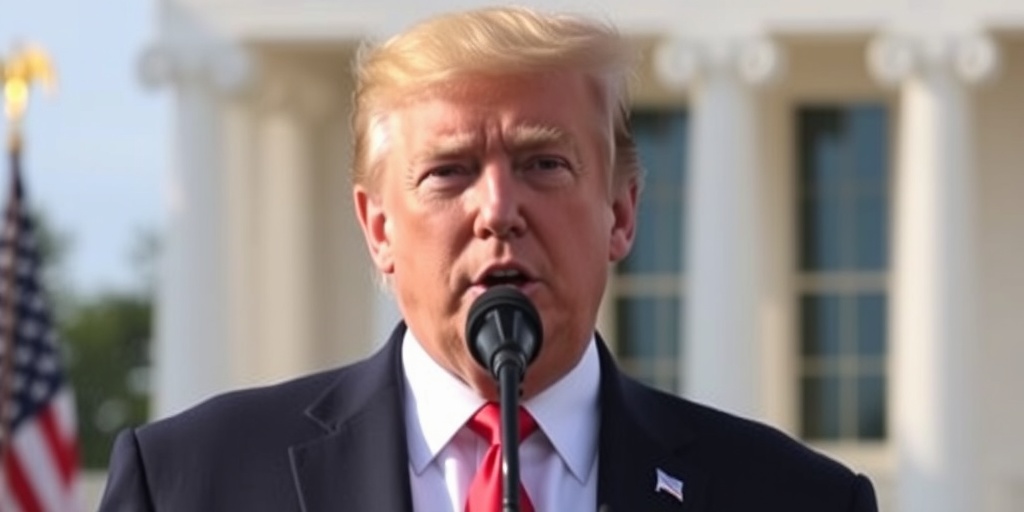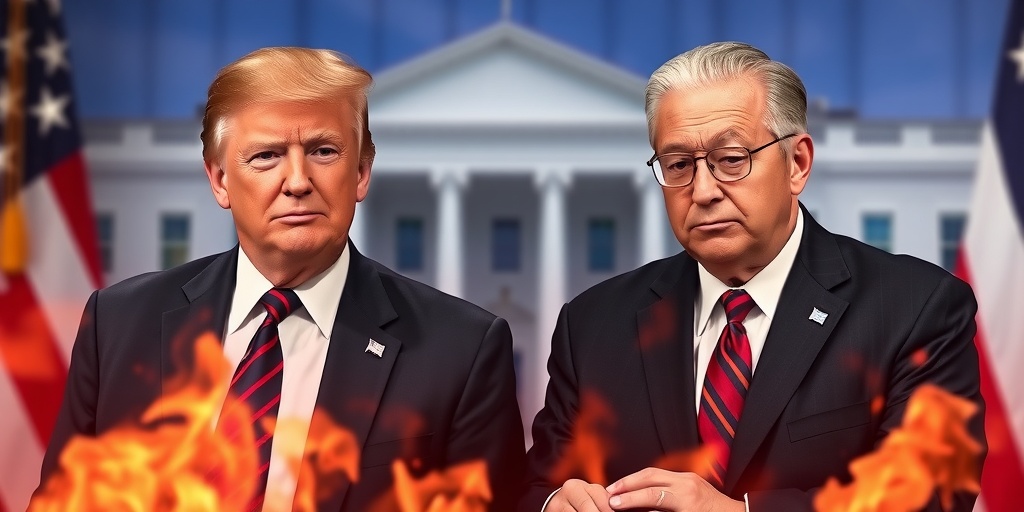Now Reading: Judge Denies Intervention in AP Lawsuit for Trump Access
-
01
Judge Denies Intervention in AP Lawsuit for Trump Access
Judge Denies Intervention in AP Lawsuit for Trump Access
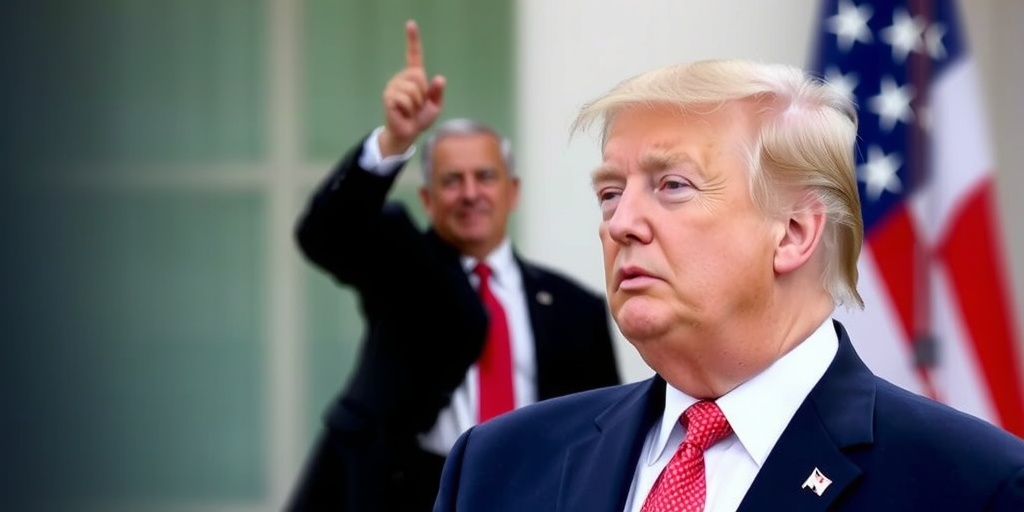
Federal Judge Allows White House to Bar Associated Press from Reporting on Trump Events
In a notable legal development, a federal judge ruled on Monday that the White House could continue to exclude The Associated Press (AP) from covering news events involving President Trump. This decision comes in the wake of ongoing legal battles over issues of press freedom and First Amendment rights.
The Associated Press recently filed a lawsuit against several high-ranking officials from the Trump administration, alleging violations of both the First and Fifth Amendments. The lawsuit stems from the administration’s decision to restrict AP reporters from attending press events, a move believed to be motivated by the organization’s adherence to specific naming conventions. The White House has voiced its displeasure with AP’s choice to refer to the Gulf of Mexico in its reporting, insisting that the body of water should instead be labeled the Gulf of America.
Judge Trevor N. McFadden, appointed by President Trump to the United States District Court for the District of Columbia, stated that The Associated Press’s situation did not constitute an "emergency" that would necessitate immediate judicial intervention. He conveyed that the news agency could still disseminate information through shared reports provided by the White House Correspondents’ Association, a network that ensures coverage for various media entities.
While Judge McFadden exhibited caution against imposing his will on the Trump administration, he also recognized arguments highlighting potential misconduct from the White House. In particular, he noted that the actions taken against The Associated Press might amount to "viewpoint discrimination," suggesting the administration’s decisions were rooted in a desire to control media narratives rather than genuine policy considerations.
The Associated Press sought a restraining order to stop the exclusion of its journalists from key events where the president is likely to make important announcements—such as executive orders signed in the Oval Office and unscripted remarks made to journalists. In response to the ruling, the White House expressed satisfaction with the judge’s decision, emphasizing that access to the president is a privilege rather than a constitutional right.
On Monday, when French President Emmanuel Macron met with President Trump at the White House, the French press made a concerted effort to ensure representation of their media outlet, allowing a Paris-based AP reporter to ask questions during a joint news conference. This situation underscores the complexities of access and representation in the current press landscape.
The Trump administration’s legal representatives argued that it is within the president’s prerogative to determine which media representatives may attend specific press-related events. They contended that the established composition of the press pool is traditionally comprised of a select few journalists, which the president can modify without infringing on the Constitution. According to their filings, the situation does not constitute retaliation and is more about the administration’s right to choose media access rather than an outright ban on The Associated Press reporting or utilizing press facilities.
“Instead, this case is about The Associated Press losing special media access to the president—a quintessentially discretionary presidential choice that infringes no constitutional right,” the administration’s attorneys asserted in their brief to the court.
During the court hearing, Brian P. Hudak, an attorney for the Trump administration, compared access to the press pool to privileges associated with other "special access events," such as one-on-one interviews with the president, which he argued presidents are not legally obliged to grant.
However, Judge McFadden seemed to disagree with that characterization. While he acknowledged that there may be content-neutral reasons for excluding The Associated Press, it was clear to him that the administration appeared to be retaliating against the organization for its content choices.
Adding to the unfolding drama, Ed Martin, the interim U.S. attorney in Washington, took to social media to publicly denounce The Associated Press. He conveyed a sentiment of pride in defending what he termed "President Trump’s leadership," framing the organization as resistant to putting "America first." This statement from a federal prosecutor amidst ongoing litigation raised eyebrows, implying a blurring of lines between representing the government and the presidency.
As both parties prepare for further hearings in this ongoing dispute, Lauren Easton, a spokesperson for The Associated Press, reaffirmed the organization’s commitment to press freedom. "We look forward to our next hearing on March 20 where we will continue to stand for the right of the press and the public to speak freely without government retaliation. This is a fundamental American freedom," she stated.
As the legal battle continues, it raises critical questions about press access, freedom of speech, and the balance of power between government entities and media institutions. The outcome of this case may have wider implications for the future of media freedom in the United States.
Stay Informed With the Latest & Most Important News
Previous Post
Next Post
-
 01New technology breakthrough has everyone talking right now
01New technology breakthrough has everyone talking right now -
 02Unbelievable life hack everyone needs to try today
02Unbelievable life hack everyone needs to try today -
 03Fascinating discovery found buried deep beneath the ocean
03Fascinating discovery found buried deep beneath the ocean -
 04Man invents genius device that solves everyday problems
04Man invents genius device that solves everyday problems -
 05Shocking discovery that changes what we know forever
05Shocking discovery that changes what we know forever -
 06Internet goes wild over celebrity’s unexpected fashion choice
06Internet goes wild over celebrity’s unexpected fashion choice -
 07Rare animal sighting stuns scientists and wildlife lovers
07Rare animal sighting stuns scientists and wildlife lovers













